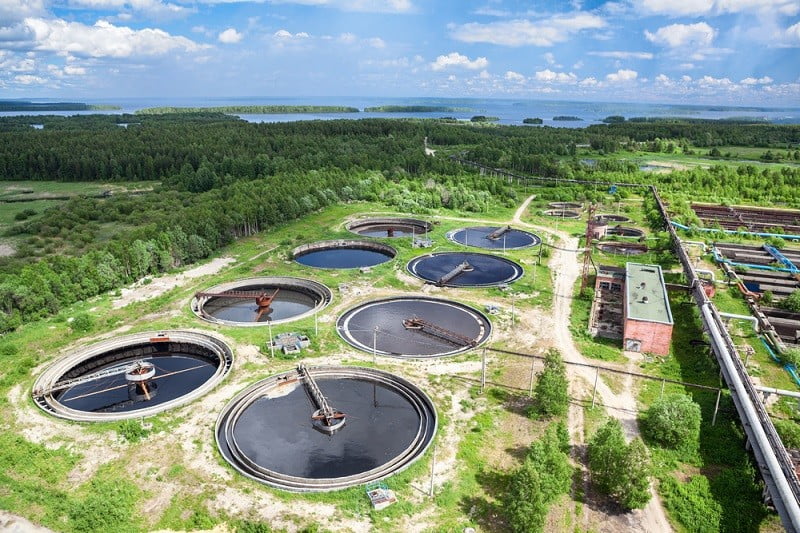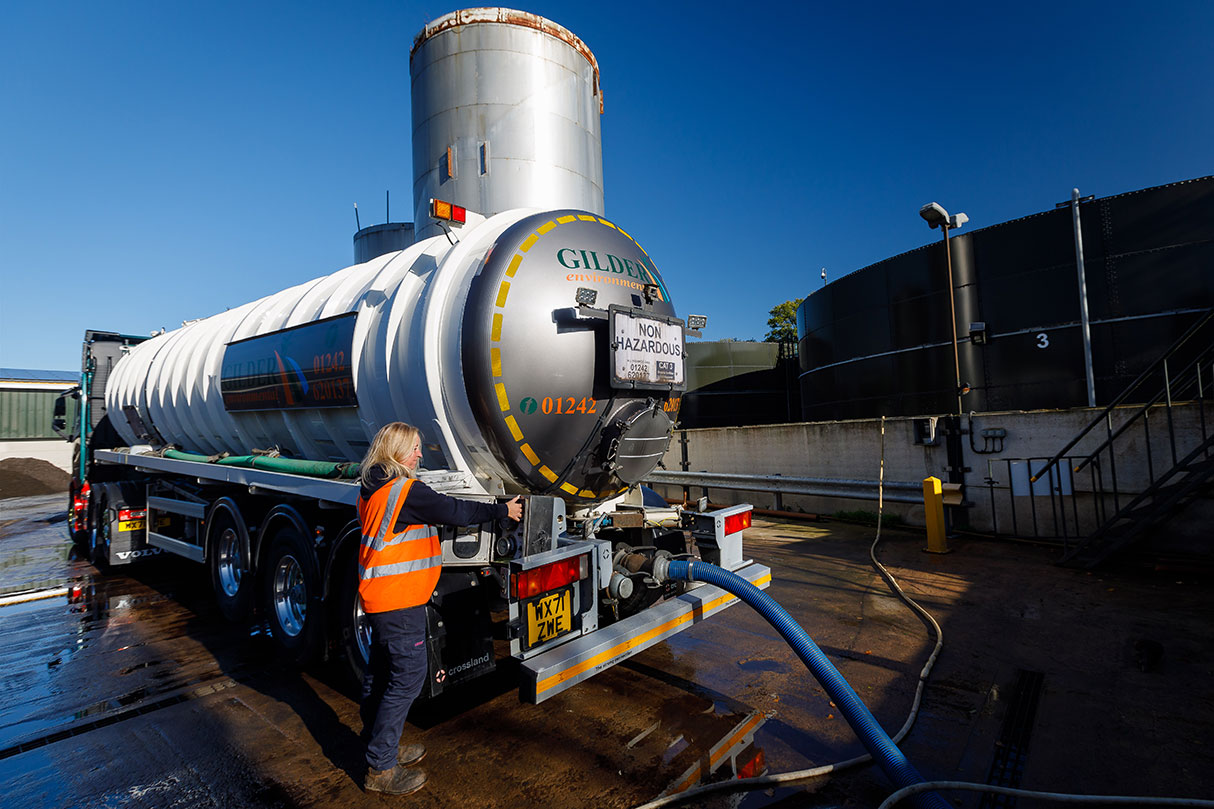Specialist Liquid Waste Removal Melbourne: Rapid and Economical Solutions
Specialist Liquid Waste Removal Melbourne: Rapid and Economical Solutions
Blog Article
Understanding the Comprehensive Process of Liquid Waste Disposal: Finest Practices and Environmental Effect Factors To Consider
The management of fluid waste disposal is a diverse issue that requires a detailed understanding of numerous ideal techniques and their connected environmental impacts. From the sorts of fluid waste produced to the approaches used for collection, treatment, and final disposal, each action plays a vital role in protecting environments and public health and wellness. As regulatory standards evolve and technology advancements, the conversation around these processes ends up being progressively pertinent. What implications do these modifications hold for future sustainability efforts, and how can stakeholders ensure that they are properly dealt with?
Sorts Of Fluid Waste
Comprehending the various kinds of fluid waste is vital for efficient management and disposal practices. Fluid waste can be broadly classified into numerous types, each calling for one-of-a-kind handling and therapy strategies.
Industrial fluid waste typically contains dangerous products, consisting of heavy metals, solvents, and chemicals, generated throughout manufacturing procedures. These wastes necessitate rigorous regulative conformity to protect human health and wellness and the setting. Residential liquid waste mainly refers to wastewater produced from families, consisting of sewage and greywater, which, although less hazardous, can still position considerable threats if incorrectly taken care of.
Agricultural fluid waste, consisting of drainage from ranches, often contains fertilizers and pesticides that can result in environmental deterioration if not treated appropriately. Clinical fluid waste, created from medical care centers, includes polluted fluids such as bodily fluids and chemicals, needing specialized disposal methods to avoid infection and ecological contamination.
Last but not least, oil and oil waste, typically produced by dining establishments and auto sectors, can create extreme clogs in drain systems if not managed properly. Understanding these categories promotes targeted approaches for therapy, compliance with policies, and effective disposal methods, inevitably advertising environmental sustainability and public health and wellness security.

Collection Techniques
Efficient collection techniques are critical for the correct management of liquid waste, ensuring that it is gathered safely and effectively before treatment or disposal. Various methods are employed relying on the kind of fluid waste generated, the quantity, and the particular qualities of the waste.
One usual technique is making use of specialized collection tanks or sumps, which are made to capture fluid waste at the source. These systems usually integrate pumps that promote the transfer of waste to larger storage space containers or treatment centers. In addition, mobile collection systems outfitted with vacuum modern technology are employed in circumstances where waste is generated intermittently or in hard-to-reach areas.
For industrial setups, closed-loop systems can effectively lessen spills and leaks, permitting the recovery and reuse of fluid waste. It is additionally necessary to train personnel on correct collection protocols to alleviate threats related to dangerous materials.
Furthermore, carrying out normal maintenance routines for collection tools makes certain optimal performance and security. The combination of innovative monitoring systems can improve collection performance by providing real-time data on waste degrees and prospective threats. On the whole, reliable collection approaches are foundational to sustainable liquid waste management methods.
Treatment Processes
Treatment processes play an important duty in the management of liquid waste, changing possibly harmful products right into multiple-use sources or risk-free effluents - liquid waste disposal. These processes can be broadly categorized into physical, chemical, and organic approaches, each customized to deal with particular contaminants present in the waste stream
Physical therapy approaches, such as sedimentation and purification, job by eliminating suspended solids and particulate issue. These strategies are usually the initial action in the treatment chain, effectively reducing the load on succeeding procedures. Chemical treatments involve using reagents to counteract dangerous compounds, precipitate hefty metals, or oxidize organic pollutants, therefore improving the safety of the effluent.
Organic therapy processes, including turned on sludge systems and anaerobic digestion, exploit on the natural abilities of microbes to degrade natural issue. These techniques are particularly reliable for wastewater including their explanation biodegradable contaminants. Advanced check out this site therapy technologies, such as membrane layer purification and advanced oxidation procedures, are increasingly utilized to attain greater levels of purification.
Integrating a mix of these treatment techniques not just makes certain compliance with regulative requirements yet also promotes environmental sustainability by recuperating beneficial sources from liquid waste.
Disposal Options
How can organizations make sure the responsible and safe disposal of liquid waste? Efficient disposal choices are essential for protecting public health and wellness and the setting. The key methods include land treatment, incineration, and disposal followed by discharge right into municipal wastewater systems.
Land disposal involves the careful containment of fluid waste in marked land fills, ensuring that it does not leach into surrounding dirt or water. Incineration, on the various other hand, topics fluid waste to high temperature levels, transforming it right into ash and gases, which need appropriate filtering to lessen discharges. This method is ideal for hazardous wastes that can not be treated via typical methods.
In situations where liquid waste can be treated, organizations might select chemical or biological treatment procedures to neutralize unsafe parts prior to discharging the treated effluent right into local systems. This path usually aligns with regulatory needs, making certain that the effluent satisfies security standards.
Inevitably, companies need to conduct comprehensive analyses of each disposal look at this now choice to identify its practicality, considering variables such as waste structure, regulative conformity, and prospective risks to wellness and the environment. By picking suitable disposal approaches, services can contribute to a liable waste administration strategy.
Ecological Impact
The environmental effect of liquid waste disposal is a crucial factor to consider for companies looking for to minimize their ecological footprint. Furthermore, the discharge of unattended or improperly dealt with waste into surface waters can result in eutrophication, leading to oxygen depletion and the subsequent death of fish and various other microorganisms.

To reduce these effects, organizations need to embrace finest practices such as implementing rigorous waste therapy procedures, promoting recycling and reuse, and adhering to governing requirements. By taking a positive method to liquid waste monitoring, entities can dramatically lower their environmental footprint while sustaining sustainable growth objectives. Ultimately, a comprehensive understanding of the ecological effects related to fluid garbage disposal is important for informed decision-making and liable stewardship of natural deposits.
Verdict
Efficient management of fluid waste is crucial for safeguarding ecological integrity and public wellness. By embracing ideal methods in disposal, collection, and treatment, alongside adherence to governing requirements, the possibility for dangerous contamination of environments can be considerably reduced. Constant advancements in innovation and procedures add to lasting waste management initiatives. Ultimately, a detailed understanding of fluid garbage disposal not just reduces ecological impacts yet also cultivates a commitment to liable resource administration and environmental stewardship.
The management of fluid waste disposal is a multifaceted problem that calls for an extensive understanding of various finest practices and their linked environmental effects. From the types of liquid waste produced to the techniques utilized for collection, therapy, and final disposal, each step plays a critical role in safeguarding communities and public health.The environmental effect of liquid waste disposal is a vital factor to consider for companies looking for to lessen their eco-friendly impact. Eventually, a detailed understanding of the ecological influences linked with fluid waste disposal is necessary for educated decision-making and accountable stewardship of all-natural resources.
Eventually, a detailed understanding of fluid waste disposal not only reduces environmental impacts but additionally cultivates a dedication to accountable source monitoring and ecological stewardship.
Report this page